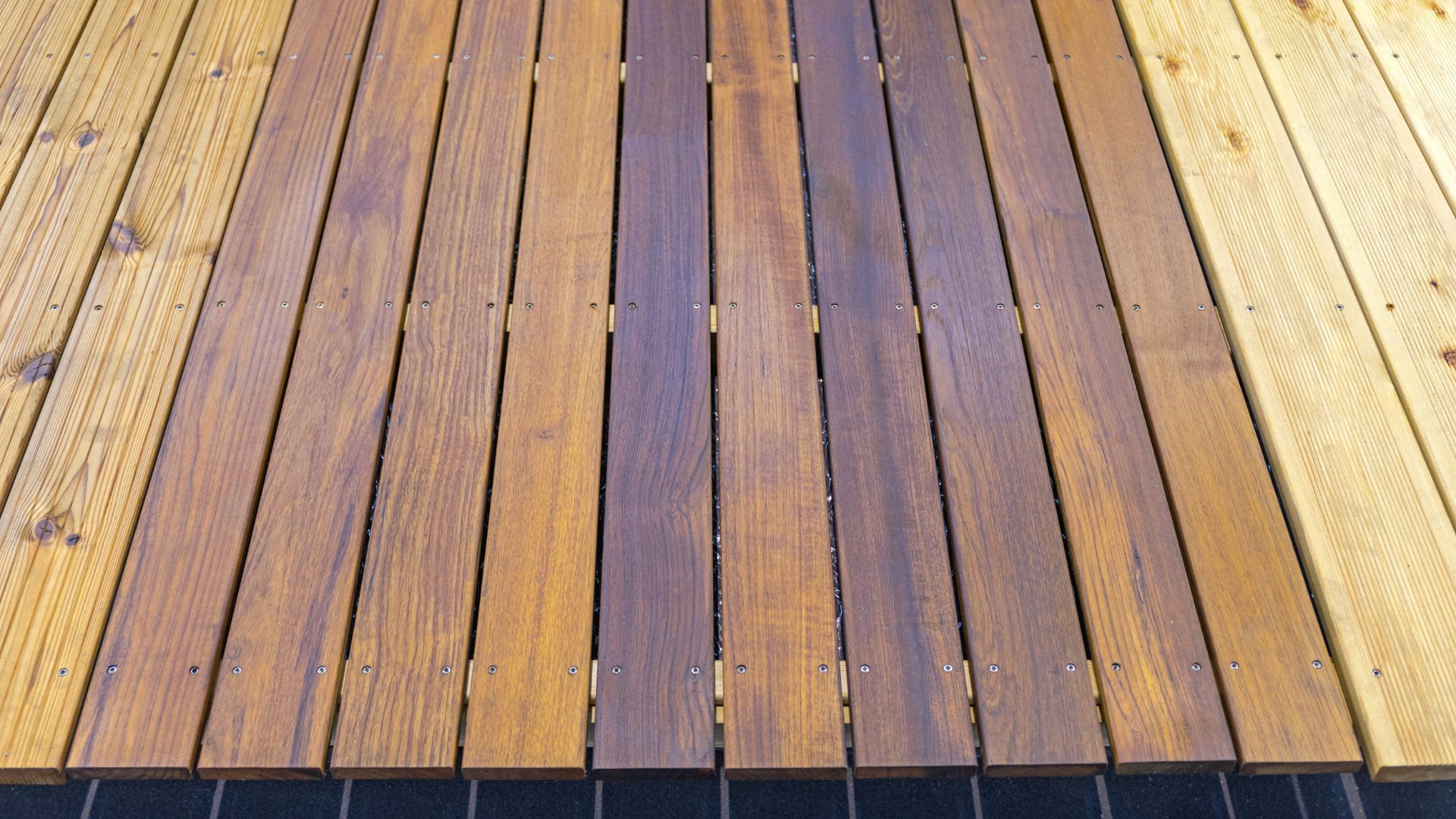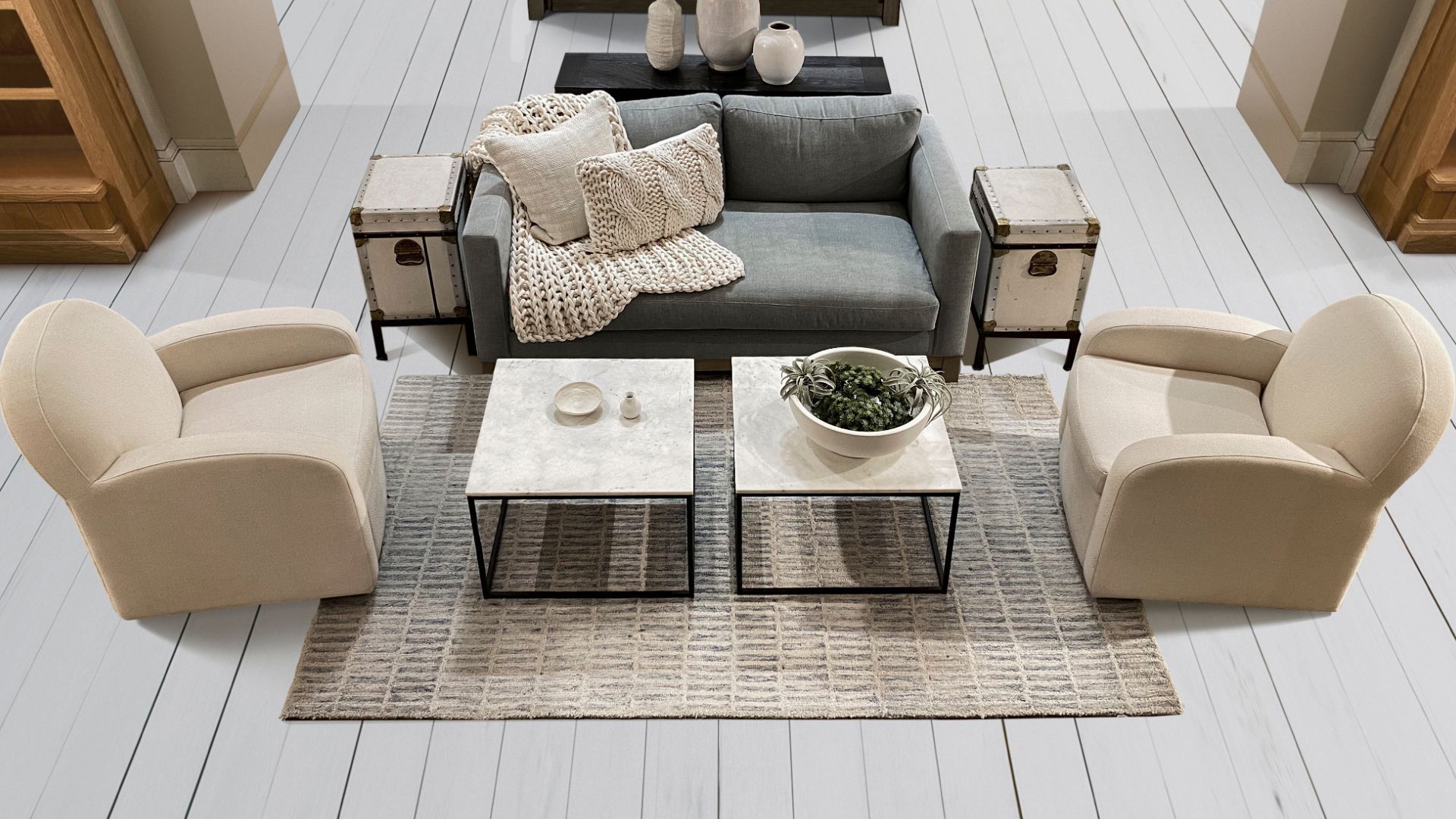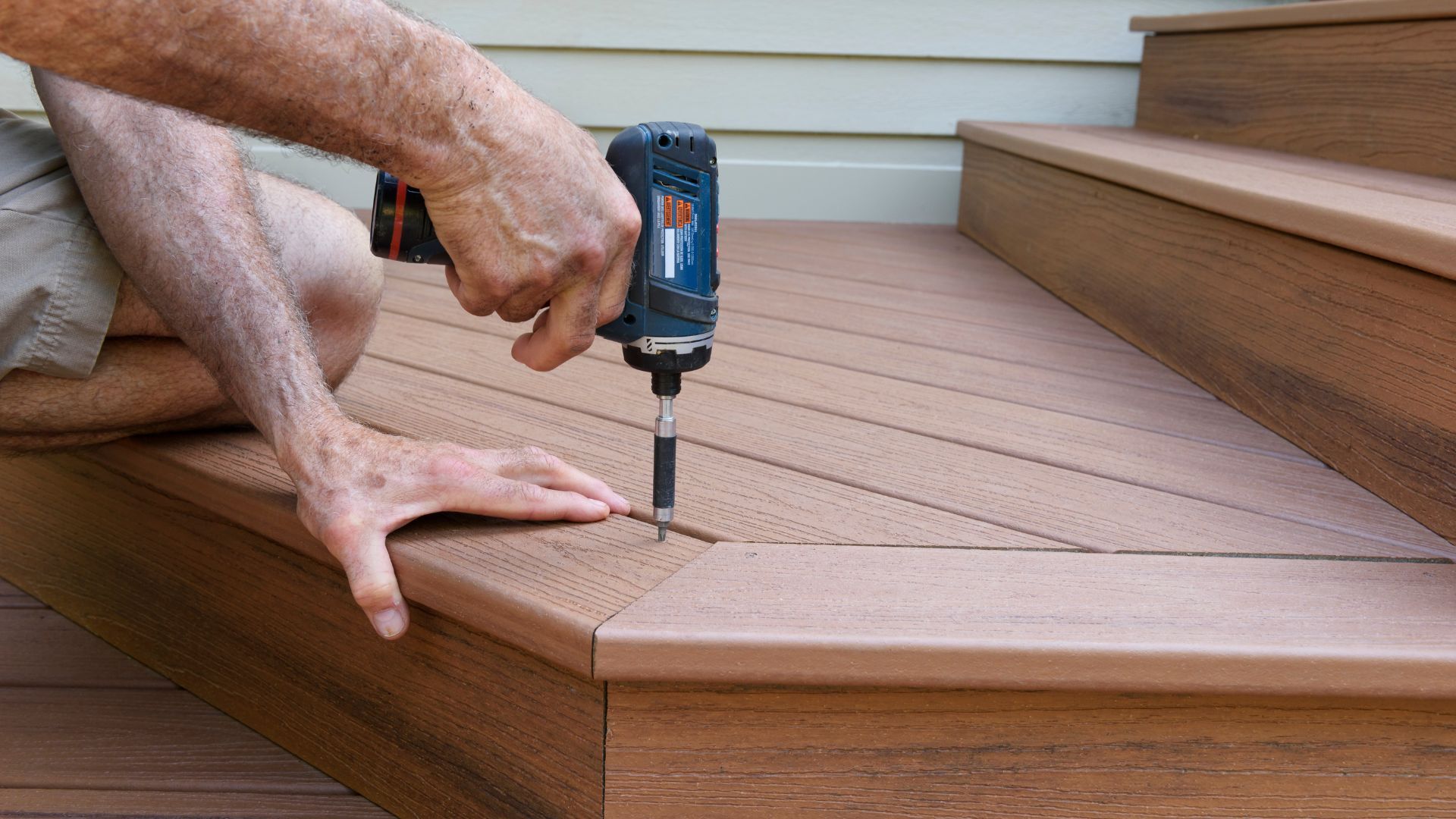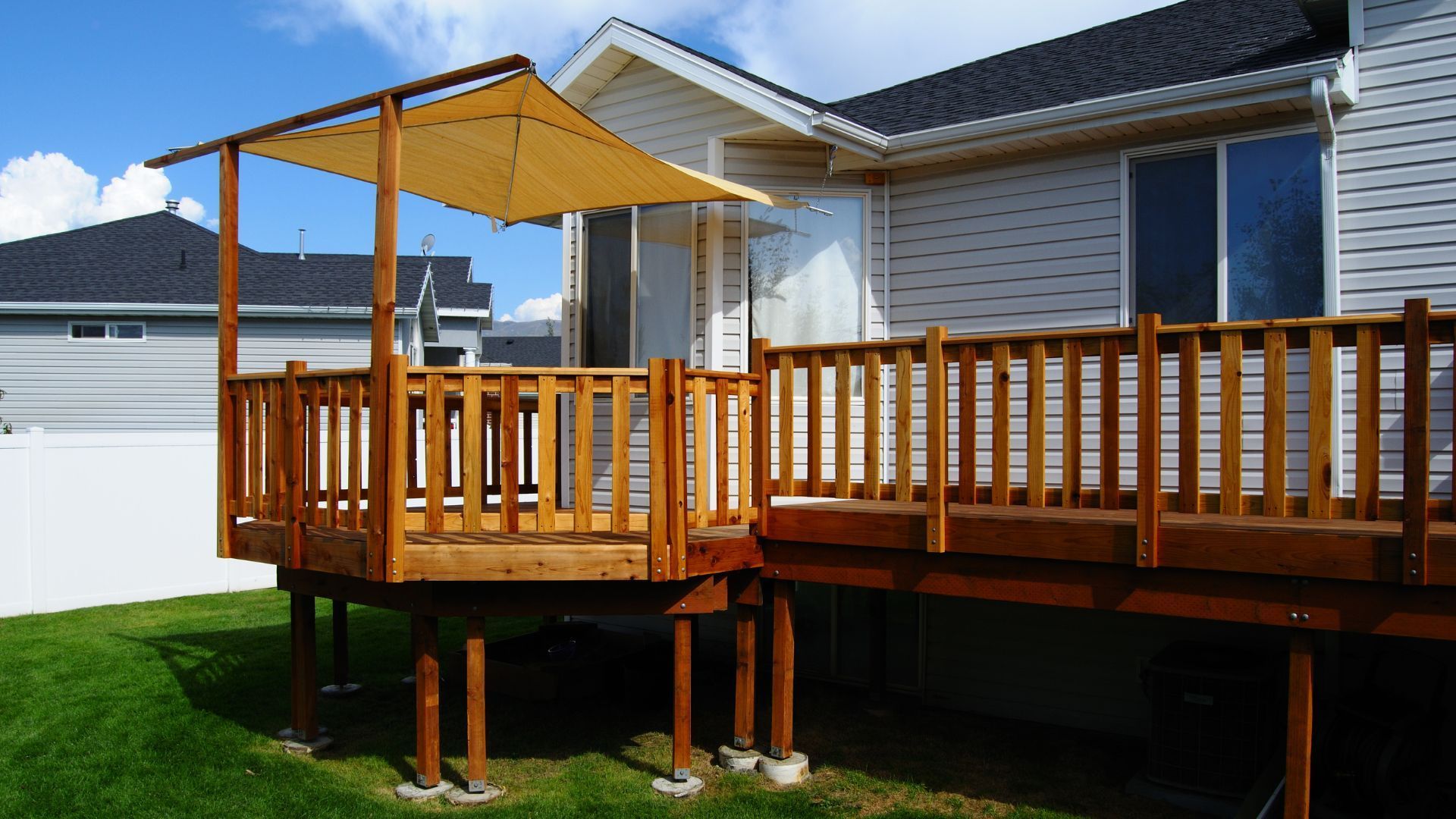Athens Deck Pro's Guide to Handling Humidity with the Right Deck Materials
In Athens, GA, the humid subtropical climate poses unique challenges for outdoor structures, including decks. Humidity can lead to wood warping, mold, and decay if not properly managed. This guide from Athens Deck Pro will help you choose the right materials for your deck that can withstand Athens' high humidity levels, ensuring longevity and ease of maintenance.

Understanding the Impact of Humidity on Deck Materials
How Humidity Affects Different Materials
Humidity can cause wooden deck materials to expand and contract, which may lead to warping, splitting, or rotting over time. Metals might corrode, and even composite materials can be affected if not properly treated against moisture.
Benefits of Choosing the Right Materials
Selecting the appropriate materials for your deck can reduce maintenance requirements, extend the lifespan of your deck, and enhance its overall performance in humid conditions.
Best Deck Materials for Humid Climates
Pressure-Treated Wood
This type of wood has been chemically treated to resist rot, decay, and termites. It is a cost-effective option for many homeowners in Athens and performs well in humid environments.
Composite Decking
Composite materials are becoming increasingly popular due to their durability and minimal maintenance needs. They are made from a blend of wood fibers and plastic, which makes them resistant to moisture, warping, and other humidity-related issues.
Tropical Hardwoods
Woods like teak, ipe, and cumaru are known for their natural resistance to moisture and decay. These materials are more expensive but offer a luxurious look and exceptional durability in humid climates.
Installation Tips for Humidity-Resistant Decks
Proper Spacing
Allow for adequate spacing between boards to accommodate expansion and contraction caused by humidity changes. This spacing helps prevent buckling and cracking.
Sealing and Finishing
Regularly apply a waterproof sealant to wood decks to protect against moisture penetration. For tropical hardwoods, an annual oil finish can help maintain their natural moisture resistance.
Elevated Design
Consider elevating your deck slightly to improve air circulation underneath, which helps keep the structure dry and prevents moisture buildup.
Long-Term Maintenance for Humidity-Proof Decking
Routine Cleaning
Regularly clean your deck to remove mold, mildew, and accumulated dirt. This not only keeps your deck looking great but also prevents organic growth that thrives in humid conditions.
Periodic Inspections
Check your deck for signs of moisture damage or wear, such as soft spots, discoloration, or warping. Early detection can prevent more serious damage and costly repairs.
Reapplication of Sealants
Reapply sealants and finishes as recommended by the manufacturer or your deck installation professional to maintain optimal protection against humidity.
Conclusion: Build a Lasting Deck with Athens Deck Pro
Choosing the right materials and employing proper deck-building techniques are crucial for creating a durable and beautiful deck in Athens' humid climate. Athens Deck Pro is here to guide you through selecting the best materials suited to our local environment. Let us help you build a deck that lasts for years to come.
Is your deck ready to face Athens' humidity? Contact Athens Deck Pro today for expert advice and quality service in selecting and installing the best deck materials for our climate!
FAQs
What is the best low-maintenance material for a humid climate deck?
Composite decking is highly recommended for its low maintenance and resistance to humidity-related issues like warping and molding.
How often should I replace the sealant on my wood deck?
It's typically advised to reseal a wood deck every two to three years, but it may vary based on exposure to elements and the type of wood used.
Can I use regular wood for my deck in Athens, GA?
While regular wood can be used, it's essential to choose types treated for outdoor use and moisture resistance to ensure durability in a humid climate.
What are the signs that my deck is being affected by humidity?
Signs include warping, swelling of wood, discoloration, and the presence of mold or mildew.
Is it more expensive to build a deck with humidity-resistant materials?
Initially, it might be more expensive to purchase materials like composite decking or tropical hardwoods, but these costs are often offset by lower long-term maintenance and replacement costs.




